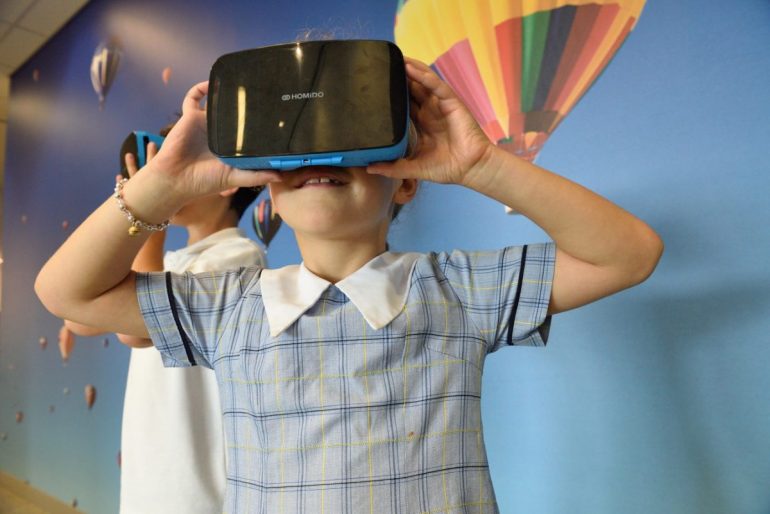Playing games in VR could be a significant tool in treating people with neurological disorders such as autism, schizophrenia and Parkinson’s disease, according to a new study from the University of Waterloo.
The technology could aid individuals with certain neurological conditions by helping change their perceptions of time, the report stated.
“Studies like ours help us understand how these deficiencies might be acquired.”
Areas of the brain that are damaged by some neurological disorders can cause patients to lose control of how time is perceived, explaining the incapability of patients to properly judge the passage of time. This new study suggests VR could help these patients re-calibrate this mechanism in the brain.
“The ability to estimate the passage of time with precision is fundamental to our ability to interact with the world,” says the study’s co-author Séamas Weech, a post-doctoral fellow in kinesiology at the University of Waterloo. “For some individuals, however, the internal clock is maladjusted, causing timing deficiencies that affect perception and action. Studies like ours help us to understand how these deficiencies might be acquired, and how to recalibrate time perception in the brain.”
Related: University of Waterloo researchers build ‘algae AI’
The study looked at 18 females and 13 males with normal vision and no sensory, neurological, or musculoskeletal disorders. The researchers used a VR game, Robo Recall, to generate a natural setting in order to incite the re-calibration of time perception. The main manipulation of the study was that the researchers coupled the speed and duration of visual events to the participant’s body movements.
The researchers measured participants’ time perception abilities before and after they completed the dynamic VR task. Some participants also completed additional time-perception tasks, like throwing a ball, and the researchers measured the actual and perceived durations in the time perception tasks. They discovered that the VR manipulation was linked with significant reductions in the participants’ estimates of time, a perception reduction of approximately 15 percent.
“This study adds valuable proof that the perception of time is flexible, and that VR offers a potentially valuable tool for recalibrating time in the brain,” says Weech. “It offers a compelling application for rehabilitation initiatives that focus on how time perception breaks down in certain populations.”
Related: Precision OS raises $2.3 million to build VR simulations for surgery
Weech said that although the outcomes were strong during the study, more research is required to determine how long the effects last and whether the recorded signals are observable in the brain. For developing clinical applications, Weech said researchers need to first establish whether these effects are stable for minutes, days, or weeks afterward, and that a longitudinal study, which involves repeated observations of the same variables over periods of time, would help answer this question.
“Virtual reality technology has matured dramatically,” said Michael Barnett-Cowan, neuroscience professor in the university’s department of kinesiology and senior author of the paper. “VR now convincingly changes our experience of space and time, enabling basic research in perception to inform our understanding of how the brains of normal, injured, aged and diseased populations work and how they can be treated to perform optimally.”
Image courtesy Unsplash.


